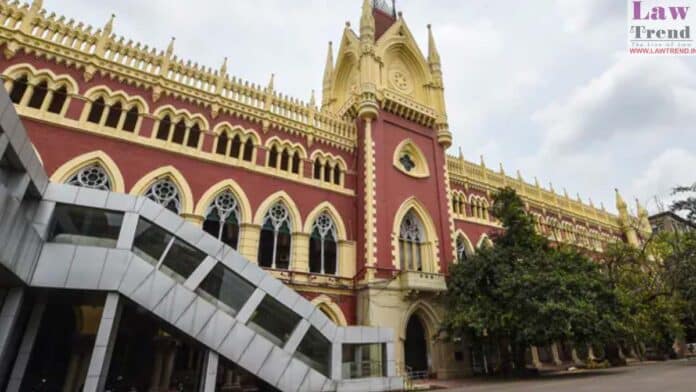The Calcutta High Court has reaffirmed that the direction to award back wages is a discretionary power to be exercised judiciously, depending on the specific facts and circumstances of each case. In a recent judgment in Sri Man Mohan Kumar Shahu v. Union of India & Ors. (MAT 954 of 2024), the Division Bench of
To Read More Please Subscribe to VIP Membership for Unlimited Access to All the Articles, Download Available Copies of Judgments/Order, Acess to Central/State Bare Acts, Advertisement Free Content, Access to More than 4000 Legal Drafts( Readymade Editable Formats of Suits, Petitions, Writs, Legal Notices, Divorce Petitions, 138 Notices, Bail Applications etc.) in Hindi and English.




